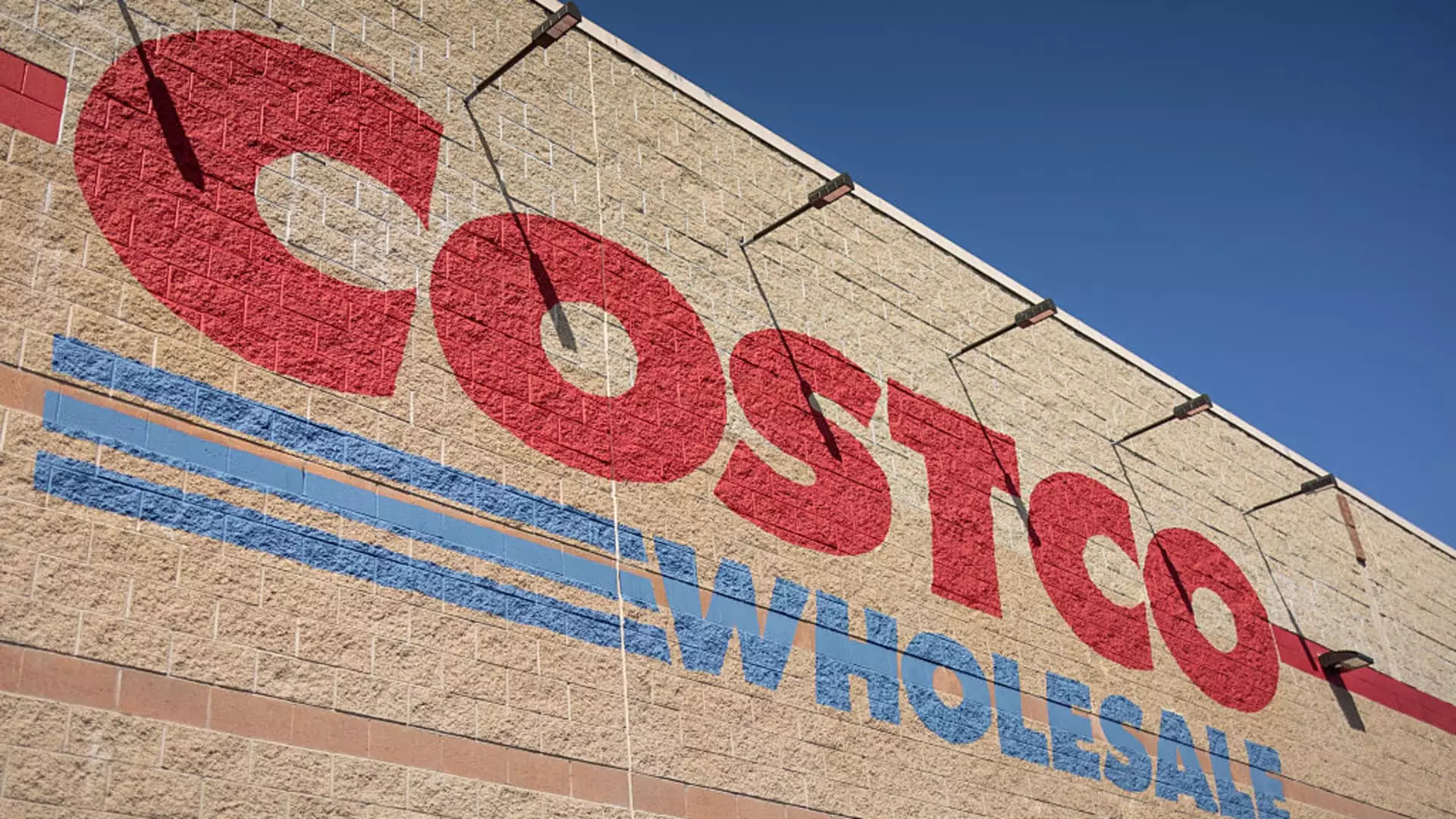Costco’s recent quarterly earnings are nothing short of remarkable and serve to highlight a strong narrative in the realm of retail. With reported earnings per share of $4.28, surpassing analyst expectations, and revenues reaching $63.21 billion, it’s clear that Costco has established itself as not just a participant, but a formidable competitor in the market. The company’s net income swelled to $1.90 billion during a time when many other retailers struggle to maintain profitability. This growth story is backed by an 8% rise in comparable sales and a staggering 16% jump in e-commerce sales year-over-year, showcasing Costco’s ability to adapt and thrive, even in a challenging economic landscape.
Unlike many retailers that flounder under pressure, Costco’s bulk pricing strategy and commitment to quality have fortified its reputation as a retail powerhouse. Whether it’s electronics, groceries, or gas, the company’s value proposition is hard to beat, providing customers with a one-stop shopping experience that caters to their diverse needs. The allure of discounted products has a magnetic effect, enabling the warehouse club to continuously draw customers, especially during economic downturns.
Navigating Tariff Challenges
Yet, looming in the backdrop is the shadow of tariff-induced uncertainty. The volatile nature of trade policies not only influences consumer pricing but also tests the fortitude of companies reliant on imported goods. Costco, with about a third of its U.S. sales tied to international goods, sits at a precarious intersection. While they benefit from a competitive edge — thanks to their bulk purchasing power — they also face the daunting reality of potential price hikes. As the business landscape grows ever more unpredictable, Costco’s ability to keep costs low will be under scrutiny.
Historical patterns suggest that in uncertain times, consumers gravitate towards retailers that provide substantial value for money. CEO Ron Vachris aptly articulated this consumer sentiment, acknowledging that economic adversity generally bolsters Costco’s value-oriented appeal. This is further underscored by the accountability and transparency that comes with their operational framework. For Costco, however, it’s vital to balance competitive pricing with maintaining supplier relationships. An increase in tariffs could strain these relationships, forcing them to pass on costs to shoppers—something they want to avoid at all costs.
The Evolving Retail Landscape
Costco operates in a unique niche, distinctly different from competitors like Best Buy and Walmart, which face pressure to raise prices amid tariff implications. Vachris’s remark about the importance of high-quality items at competitive prices echoes the sentiments of many consumers. As other retailers announce price hikes, Costco’s steadfast approach may yet work in their favor. Shoppers looking for relief amidst price surges could increasingly turn to Costco, making membership renewal particularly enticing.
Additionally, as e-commerce becomes a cornerstone of modern retail, Costco’s recent growth in this segment illustrates its commitment to innovation. The ability to appeal to digital consumers, while maintaining the charm of brick-and-mortar experiences, sets Costco apart from many retail giants that have faltered in their online strategies. In a market that is undergoing rapid transformation, Costco’s agility to blend traditional warehouse sales with a robust online presence is commendable.
A Future to Watch
The financial markets have responded positively, with Costco shares up about 10% this year, outpacing the S&P 500 significantly. This optimistic trajectory not only signifies investor confidence but also reflects the public’s growing reliance on successful business models like Costco’s. As shoppers increasingly prioritize value, quality, and overall shopping experience, Costco stands as a stalwart in a fraught economic landscape.
However, the journey ahead will require vigilance. The company’s ability to maintain its competitive pricing while navigating tariffs and supply chain complexities will define its short-term and long-term success. Only time will reveal whether the Costco phenomenon is sustainable under varying economic pressures, but for now, the outlook remains bullish. Observers should keep a keen eye on how Costco maneuvers through these tumultuous waters, as its actions could serve as a case study for resilience in modern retail.

